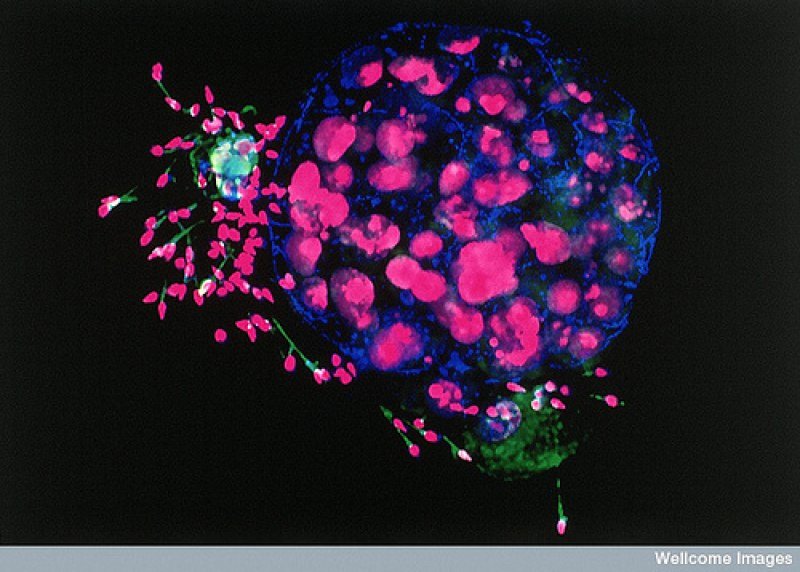The GLP aggregated and excerpted this blog/article to reflect the diversity of news, opinion and analysis.
Scientists say a breakthrough in growing embryos will improve fertility treatments and revolutionise knowledge of the earliest steps to human life.
For the first time, embryos have been grown past the point they would normally implant in the womb.
The research, in the UK and US, was halted just before the embryos reached the legal limit of 14-days old.
But in an ethically-charged move, some scientists have already called for the 14-day limit to be changed.
The earliest steps towards human life are largely a mystery, but the research in Nature and Nature Cell Biology, has been able to study embryos for longer than ever before.
About a week used to be the limit – with scientists able to grow a fertilised egg up to the stage it would normally implant into the womb.
The experiments were deliberately ended at the 13-day stage – just before the legal limit, but far beyond anything that has been achieved before.
The research is already providing insight into how an embryo starts the process of organising itself into a human being.
There is international agreement that experiments should not allow embryos to develop past 14 days.
This research is pushing right up against the legal limits and some scientists are already making the case for the 14-day limit to be reviewed.
Read full, original post: Embryo study shows ‘life’s first steps’































